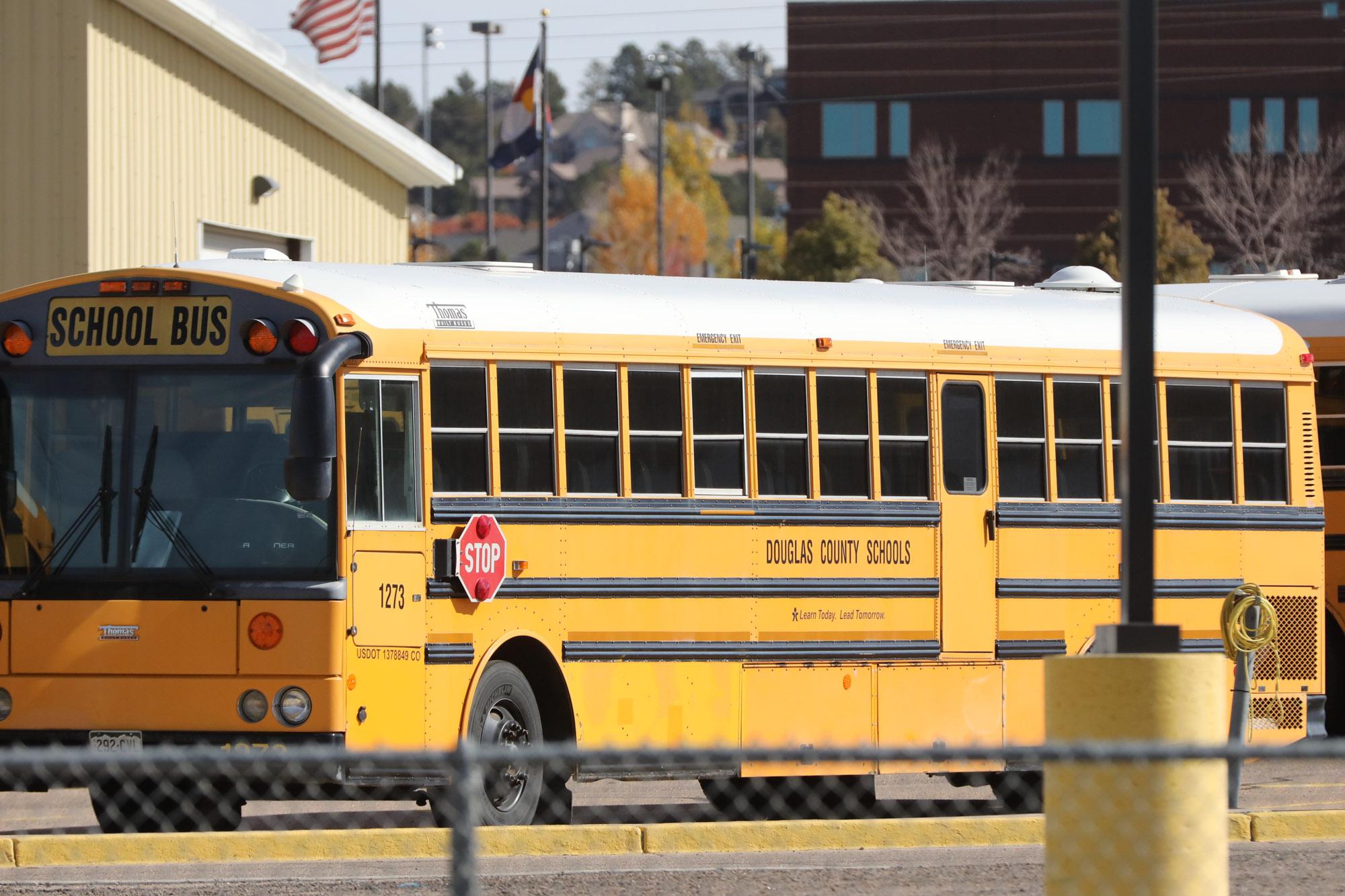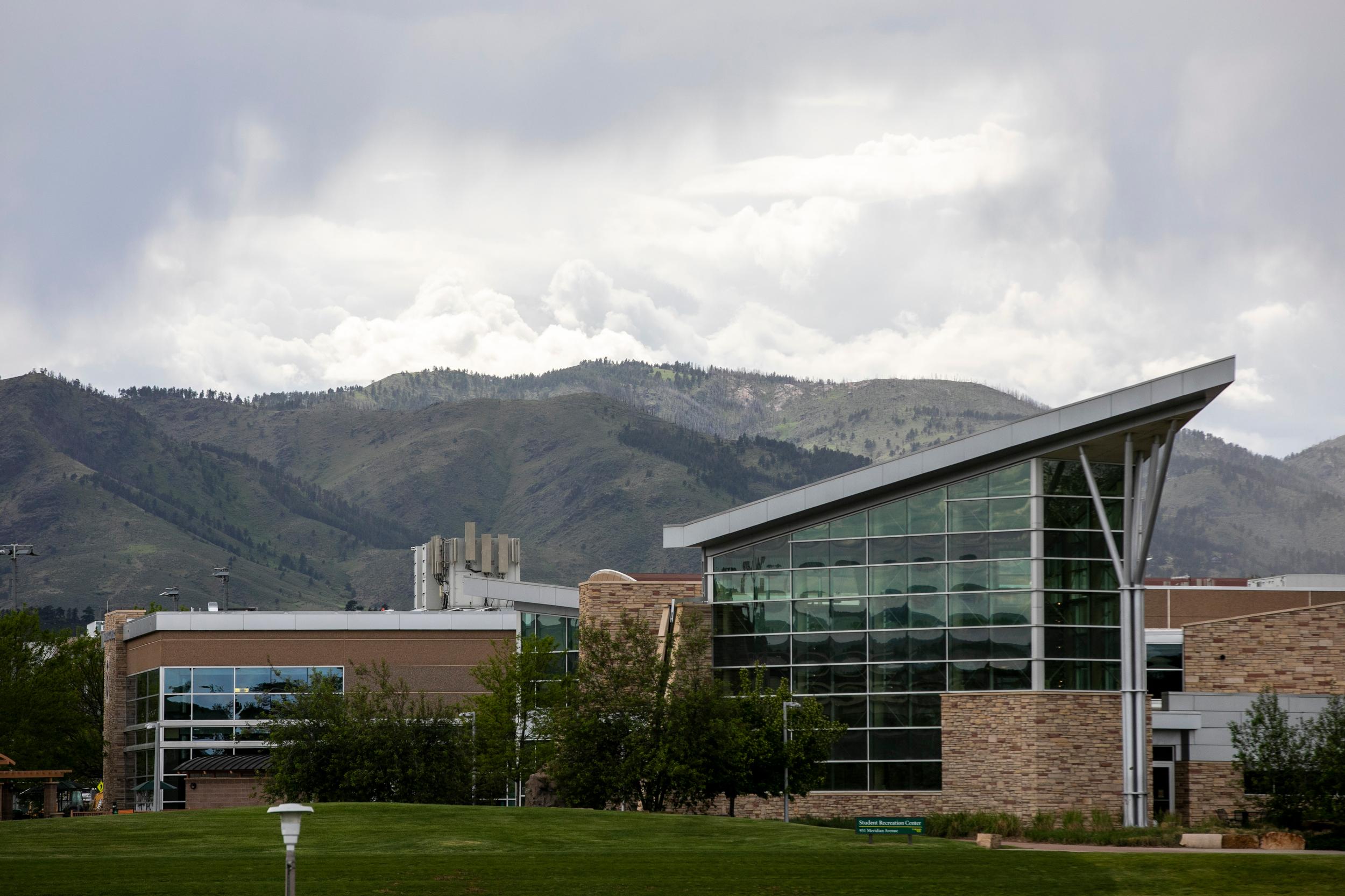
The Douglas County School Board will vote Tuesday night on allowing high school students to take the elective course Advanced Placement African American Studies. The decision comes after the board majority balked at voting on the matter last month after some community members raised concerns about the course’s content.
The new course is one of many advanced classes offered by the College Board, which administers AP classes nationwide. AP classes are college level classes for which students can earn college credit.
At the November meeting, board members voted 4 to 3 to delay the decision until December. Several board members said they wanted more information about the course before voting.
“On its face, the concept of African American studies should not bother anybody," said board member Tim Moore. “It’s an important topic, it’s part of our history…. Some questions have been raised by our community and I don't really know how to answer those yet because I did not have time to dig into the curriculum to be able to effectively respond.”
Another state banned course
Conservative legislators in dozens of states have tried to pass legislation censoring or restricting what schools can teach on topics of race, politics and gender. Florida banned teaching the AP African American Studies course after lawmakers falsely claimed it teaches “Critical Race Theory,” a legal and academic concept that racism is embedded in legal systems, policies and social institutions.
The new AP course attempts to present a much deeper and holistic presentation of African American culture, history and politics than what students typically learn now. Students learn about ancient African kingdoms and the contributions of African Americans to science, literature and politics in addition to an examination of slavery in the U.S.
The course “examines the diversity of African American experiences through direct encounters with rich and varied sources,” drawing on literature, the arts, humanities, political science, geography and science, according to the College Board.
Sixty schools across the country participated in a pilot run including the Cherry Creek district’s Overland High School. The Boulder Valley School District and Denver Public Schools District offer the course.
Students asked for course
Valarie Moses, a teacher at Highlands Ranch High School who proposed the course, said students came to her a couple of years ago asking if the school could offer the course when it rolled out. They said they represented a larger group of students.
“We went through all the steps, and now here we are at the final hurdle,” she said before the vote Tuesday.
Several things excite Moses about the class. It’s interdisciplinary, pulling from art, history, literature and data analysis.
“It really gets kids looking at an issue in a more comprehensive way that maybe they're not used to.”
It also doesn’t have a traditional AP exam. Instead it includes an independent project in which students can develop their own research questions and defend their findings. Moses said it encourages students to engage with primary sources in a way that fosters critical thinking.
“One of the things you struggle with as a teacher is how to get kids excited about what they're learning at school. And this is a course where I've just seen an incredible amount of buy in from the beginning. This is what kids have come to me and said that they wanted to do.”
Positive representations
She also said its important students of color see positive representations of themselves including the contributions and accomplishments in their heritage. African American and Latino students are underrepresented in AP classes across the country.
“I think it's a way of strengthening their connection to their own educational journey,” she said. Over her career she’s heard the complaint from students that all they learn about African American history is slavery.
“So they can come away feeling like it is about oppression and that's all it's about,” she said. “Whereas I feel like this (new course) provides a more comprehensive view and contributes to the fact that all cultures are integral to understanding American life and just gives all students a more nuanced understanding of American history and society.”
The elective course could be offered next year if the board approves it and parents or guardians sign off on their student's enrollment.









